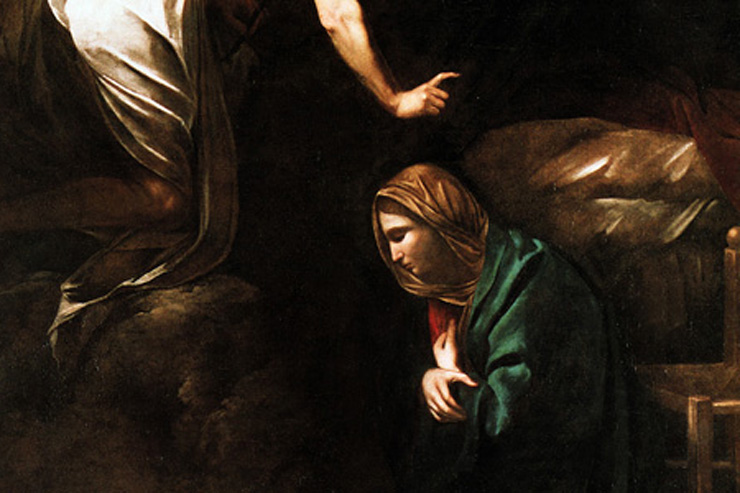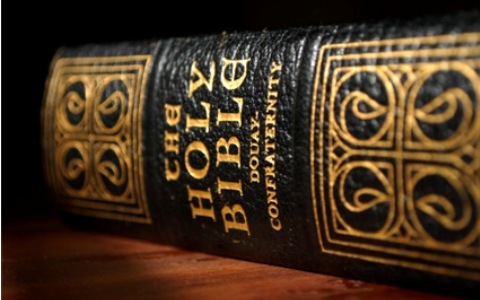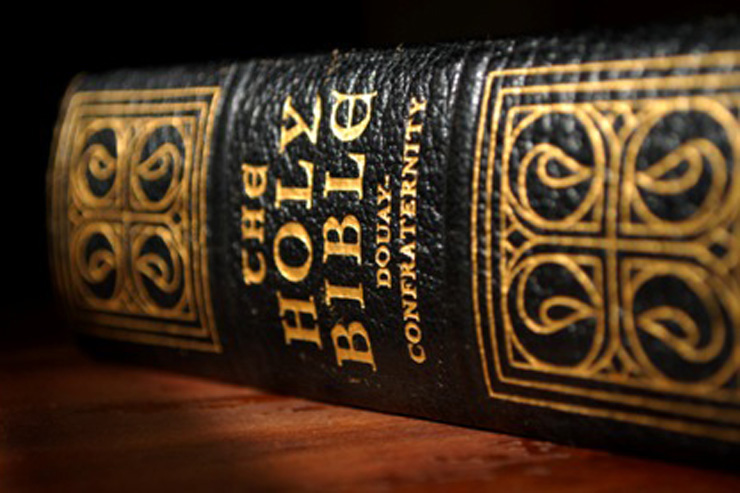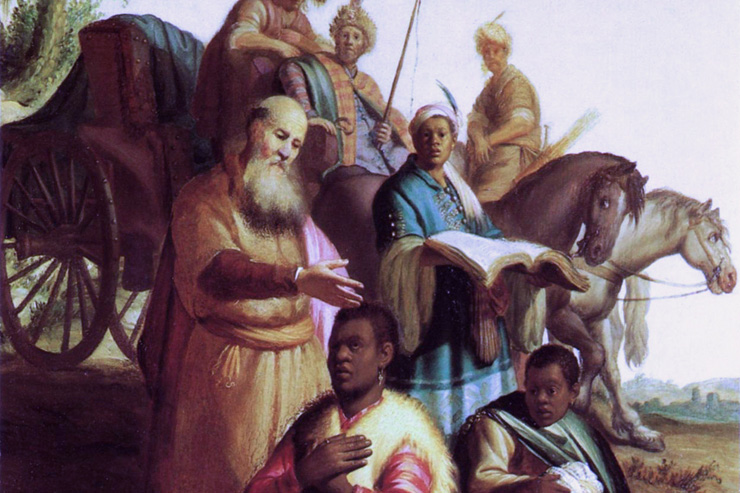
Hadrian’s Wall by Michael Hanselmann (Own work) [CC BY-SA 3.0], via Wikimedia Commons
Reflection on the Mass readings for the Twenty-Seventh Sunday in Ordinary Time (Year A) — Isaiah 5:1-7; Psalms 80:9, 12, 13-14, 15-16, 1; Philippians 4:6-9; Matthew 21:33-43.
A few years ago, I toured northern England. There, stretching seventy-three miles from coast to coast, the Roman Emperor Hadrian built a massive wall. Constructed of stone, it was built to last, since it marked the northernmost boundary of the greatest empire the world had ever known. Soldiers from every corner of the world were garrisoned there, and excavations tell the fascinating story of their lives and deaths.
Roman civilization was nearly one thousand years old by the time the wall was built, and it must have seemed that Rome would indeed last forever.
Soldiers manned the wall continuously for two hundred years after its construction. But the empire did not last forever. It collapsed, and Hadrian’s wall became a quarry used by the local people scavenging for building materials.
Historians spill lots of ink debating why Roman civilization fell to roving bands of barbarians. But when you get right down to it, the answer is in the Bible (see this Sunday’s readings — Isaiah 5:1-7 and Matthew 21:33-43). Rome fell for the same reason that the Kingdom of Israel fell in 722 B.C. and Judah was exiled to Bablyon in 587 B.C. Divine Providence had blessed all three societies. But he had also called them all to account, and found them wanting. God had planted them as choice vines, but these civilizations had yielded sour grapes. Idolatry, adultery, and social injustice were some of the fruits they produced before their collapse. And how about the people of Jericho? Why did their walls come tumbling down? Could their practices of child sacrifice and ritual prostitution have had anything to do with it?
That was then. How about now? America was founded in large part by those seeking to make it “a city on a hill.” Its motto was “in God we trust.” Now judges rule that we can retain this motto without offending atheists because we really don’t mean it. America once exported democracy. Now it exports “The Modern Family” and “The Vampire Diaries.” When I travel around the world and tell people that I’m from Dallas, their faces light up. Even if they can’t speak English, they manage to smile and exclaim “J.R.!”
Many assume America will last forever. But there were soldiers manning Hadrian’s wall for more years than the United States has existed as a nation. It is not invulnerable, as September 11th reminded us. If America continues to yield sour grapes, its walls too will come tumbling down.
So what are we to do? Perhaps instead of killing the prophets, we ought to listen to them. Maybe we can begin honoring God rather than exiling him, respecting marital fidelity rather than ridiculing it, protecting the unborn rather than protecting their “terminators,” and caring for the poor rather than abandoning them.
And maybe we can follow the advice of St. Paul (Phil 4:6-9) and renounce the anxiety that makes us miserable and causes us to conclude that we must “take care of ourselves” rather than do things God’s way. Perhaps if we thank God for blessings and even trials, presenting our needs to Him in faith, we’ll see a change in our mood and even a change in our world. And maybe if we fill our minds with the splendor of truth rather than media trash, we might just notice more joy and serenity in our lives.
Have you ever seen a more frantic society than ours? We eat, drink, and breathe tension.
Yet St. Paul speaks of a “peace that passes all understanding.” It’s a peace that does not go away even when planes strike towers and hurricanes swell rivers. It starts in the inside but has impact on the outside. Without it, Mother Teresa could have never lasted in the chaos of Calcutta and John Paul the Great could have never made his way through Nazi tanks and Communist oppression to occupy the chair of Peter.
This peace indeed defies comprehension. But it’s ours for the asking.















